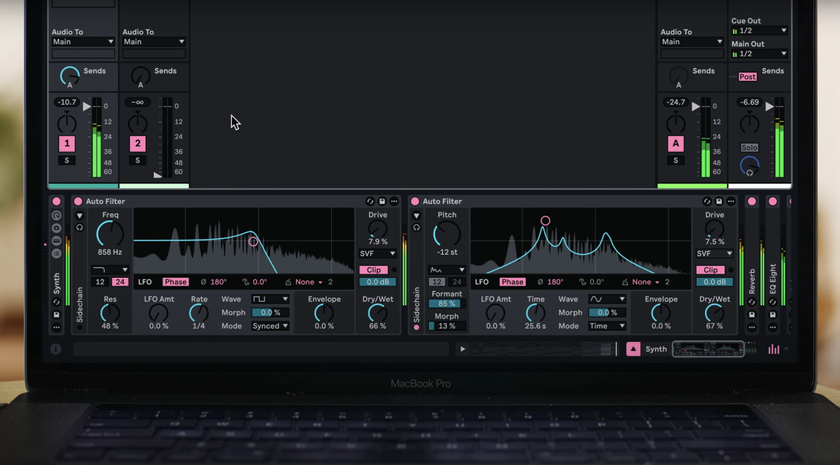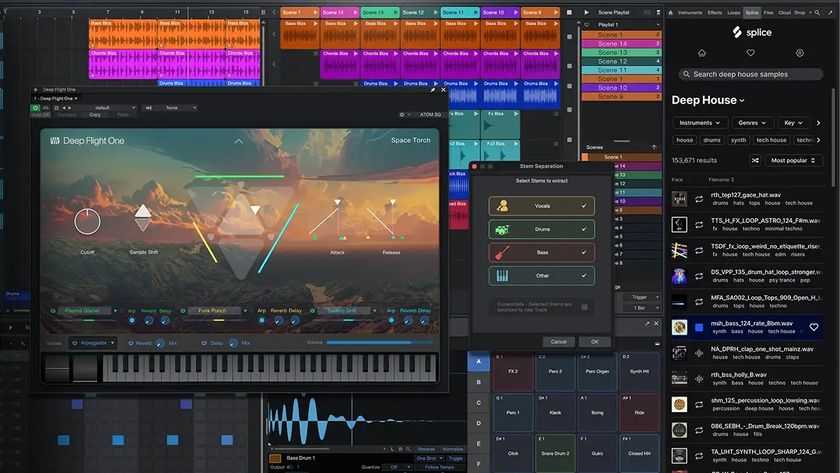Will your iOS music-making apps soon run as AUv3 plugins in your M1 Mac DAW?
Does Moog’s Model 15 port indicate the shape of things to come, or is it a one-off?
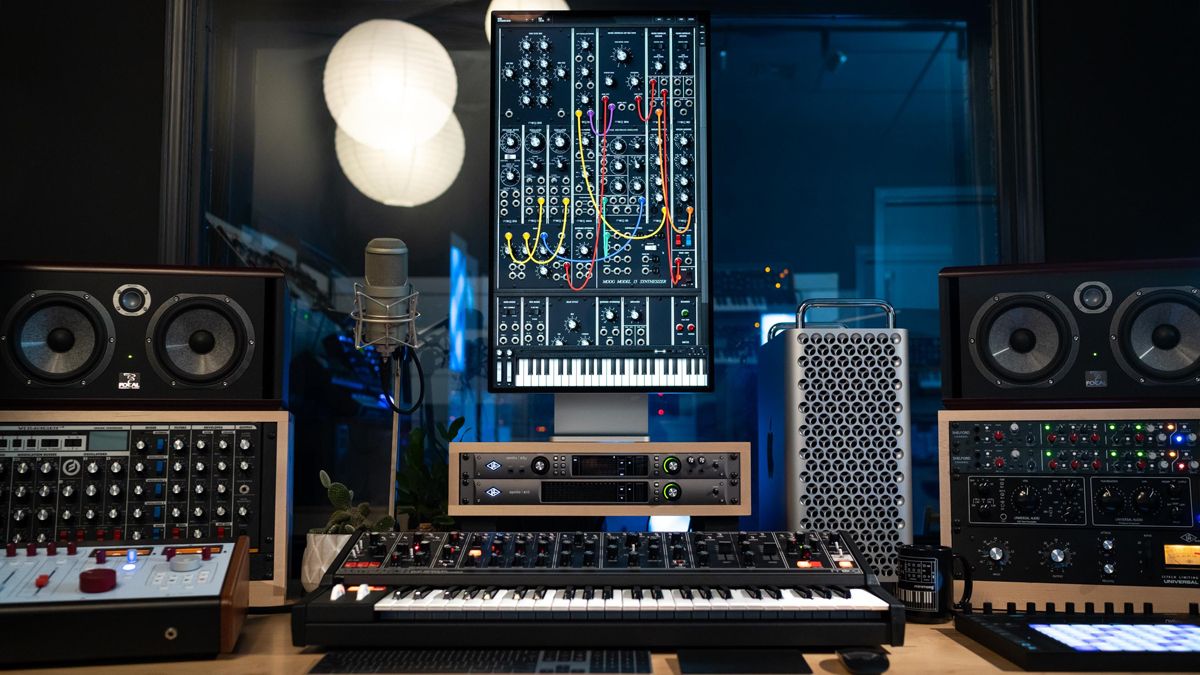
The release of Moog’s Model 15 iOS synth app on the Mac represented a big moment for the Apple ecosystem. We already knew that Apple’s new Silicon Macs could run iOS apps, but here was an iOS AUv3 plugin being converted to run within Logic Pro, GarageBand and MainStage.
So, does this mean that all your AUv3s will soon be accessible from inside your favourite Mac DAW? We asked AudioKit Pro’s Matthew Fecher to explain the situation, and he very kindly obliged...
The new Apple M1 chip represents a major leap for musicians and developers. It’s blazing fast. It barely uses its fan, so it’s truly quiet in the studio. And - drumroll please - it can run iOS apps on desktop.
That said, you shouldn’t run out and buy a new M1 machine for that reason yet. At the time of writing this, most music production apps haven’t been optimised to support the M1 chip. It may be quite a bit longer before developers get your favorite apps up and running.
So why the delay? Don’t developers get things in advance?
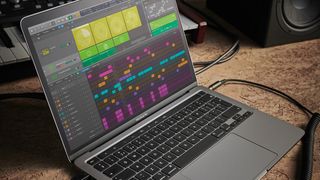
Well, kind of. Apple allowed developers to buy “dev machines” that emulated the M1 chips before the new hardware came out. However, once the real machines came along, technologies didn’t always match up. For example, DAW hosts like Logic didn’t handle AUv3 plugins the same way. Many engineers and developers are currently discovering these things right alongside the users.
Historically, porting an iOS app to Mac hasn’t exactly been a cakewalk. It’s true that Mac and iOS apps do share some backend code. However, porting an app to the desktop can require a developer to completely start over with the UI/UX code. Often this is the largest part of an app’s code base. There could be tens of thousands of lines of code that need to be re-engineered!
Get the MusicRadar Newsletter
Want all the hottest music and gear news, reviews, deals, features and more, direct to your inbox? Sign up here.
With the M1 chip this can become easier - depending on the app. Many iOS developers will be able to make their music apps run standalone on the new Macs in a matter of days. However, porting AUv3 plugins from iOS hosts to supported desktop hosts like Logic and GarageBand requires additional code and testing, which can take months for a complex app.
Besides the technical challenges, there are also financial concerns for developers. First, developers will need to buy the new hardware. Easy enough, right? Not exactly.
This can be a real challenge for indie developers. The days of common folks making millions are long gone. Here’s a stat that may shock many: you only have to sell about four copies of an app in 24 hours to have a Top 20 Paid iPad app in the ‘Music’ category in the UK right now. That’s right: Top 20 out of millions of apps. The very best-selling apps you see in the charts might only be making a few dollars a day after Apple’s cut and taxes. And, the majority of new iOS developers don’t even make enough to cover the $100 yearly fee Apple charges to allow apps to be published to the App Store.
The good news is that music production developers do it for the love - the joy of seeing someone create music that might not otherwise exist. That’s what drives us. And that’s incredibly good for musicians and M1 support in the future.
For many developers the extra effort, costs, and support will not bring much in the way of extra revenue in the near future. Apple is encouraging developers to make their M1 versions free to people who have already purchased their iOS apps. And, that’s great news for users.
Some loopholes allow developers to charge users again if they’d like the Mac versions of their iOS apps. However, there is a growing number of developers who see the opportunity to provide a brighter future to musicians.
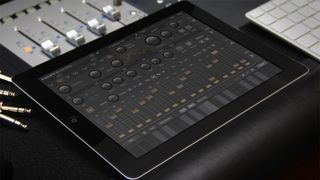
For example, I’m a co-creator of the popular iOS synthesizer, AudioKit Synth One. I envision a user being able to start a song on a bus or subway, then go to their home studio and finish the song using Synth One as a plugin in Logic. There are more of us that feel this way.
Moog has also stated that it wants to make Mac apps free for those who bought the iOS versions. It believes in this cross-platform synergy. We believe in musicians. After all, we’re musicians too - musicians who just happen to code and love creating instruments.
This possibility is also catalysing other mainstream DAW manufacturers to explore AUv3 support. This means you’ll be able run these iOS AUv3 as plugins with even more hosts, not just Logic Pro and GarageBand.
We’re excited to be part of this wave. We’re currently working to learn as much as we can to help other developers support the M1 chip.
It’s a slow process, yes. But there’s a possibility that there could be hundreds, if not thousands of low-cost AUv3 plugins ported to Apple Silicon (M1 series and beyond) by the end of 2021.


